In hotel operation, cost control has always been of Paramount importance. Especially in terms of energy consumption, the daily expenses for water and electricity are a considerable sum. How to effectively reduce energy consumption while ensuring service quality has become a subject that ev......
In hotel operation, cost control has always been of Paramount importance. Especially in terms of energy consumption, the daily expenses for water and electricity are a considerable sum. How to effectively reduce energy consumption while ensuring service quality has become a subject that every hotel manager must confront. Today, let's talk about how hotels can achieve energy conservation and consumption reduction in their daily operations. The savings are all real money!
1. Water conservation: Start from small things
Waste of water resources is particularly common in hotels, but in fact, with some minor changes, water consumption can be significantly reduced
Sensor-activated water-saving faucets: Install sensor-activated water-saving faucets in public restrooms, and use flow-activated water-saving faucets in room restrooms to appropriately control water flow and avoid unnecessary waste.
Wastewater recycling and utilization: Hotels can recycle part of the wastewater. After sedimentation and filtration treatment, it can be used for irrigating green Spaces, car washing, cooling, etc., truly achieving the full utilization of resources.
Rainwater collection system: By installing a rainwater collection system, after treatment, it can be used for cleaning, greening, etc., avoiding the waste of resources.
Intelligent water-saving system: Installing an intelligent sensor-based water-saving system in the staff bathroom can not only save water resources but also enhance the user experience of employees.
Create a water-saving atmosphere: Remind guests and staff to save water through reminder cards, slogans and other forms. For instance, placing a reminder card in the bathroom of a guest room that reads, "One cup requires four cups of water for cleaning," can imperceptibly cultivate water conservation awareness.
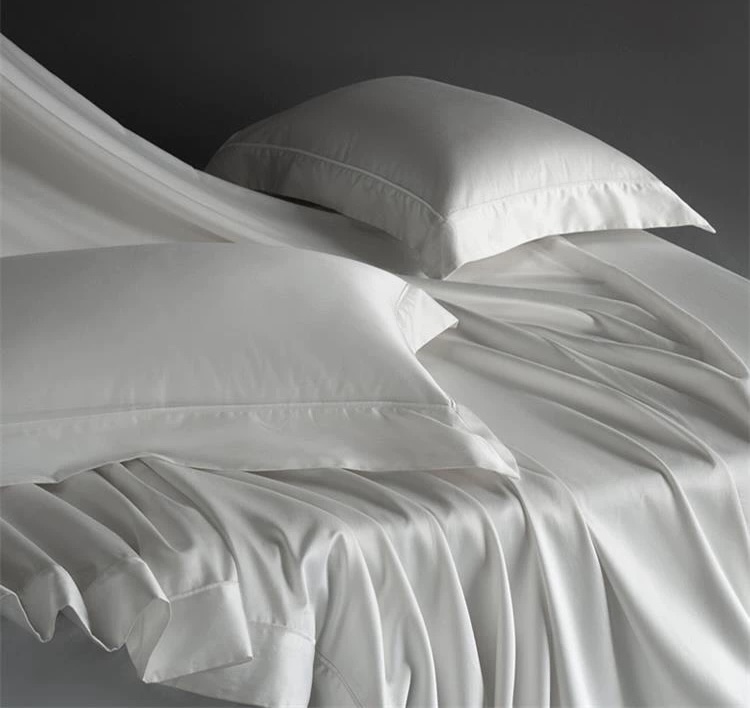
2. Energy conservation: Facilitated by intelligent technology
Electricity consumption accounts for a large proportion in hotels. How to control electricity consumption reasonably is the key to energy conservation.
Energy-saving light source: It adopts a new type of energy-saving lamp. Although its price is higher than that of traditional incandescent lamps, its luminous efficiency is 4 to 5 times higher and its service life is 8 to 10 times longer. It is extremely economical for long-term use. If all hotels adopt energy-saving lamps, they can save at least 70% of electricity.
LED lights and sensor lights: A large number of indicator lights and night lights in hotels can adopt LED lights, each consuming less than 1 watt of electricity. In areas such as corridors and fire escape staircases, induction energy-saving lamps can be used to avoid the phenomenon of long-burning lights.
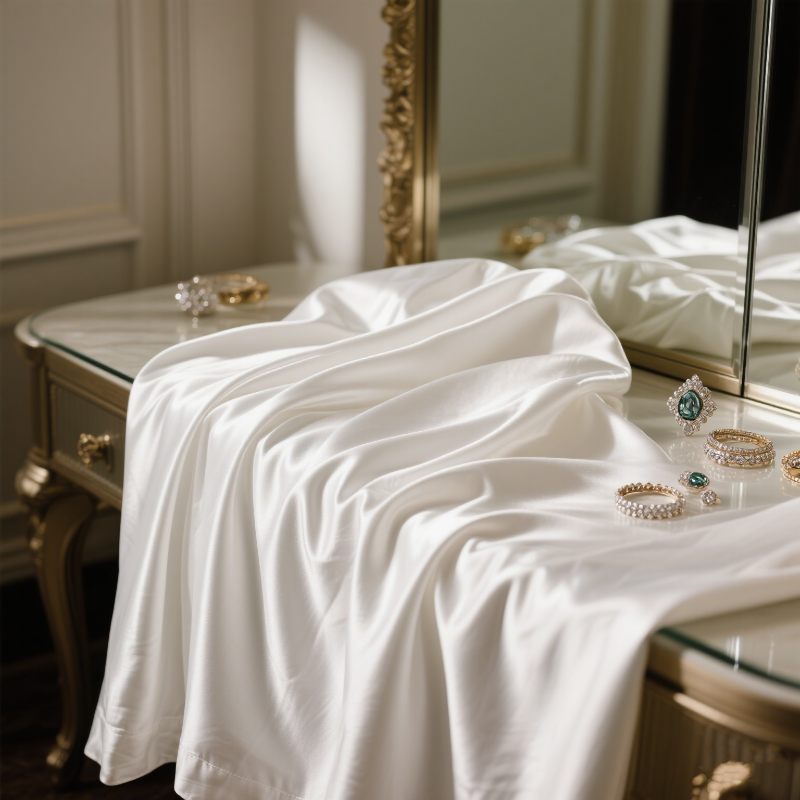
Intelligent power-saving system: In public areas such as the hotel lobby, conference hall, and banquet hall, an intelligent power-saving voltage regulating switch system is installed. The voltage and irradiation intensity are adjusted according to the sunlight conditions and atmosphere requirements, which can save about 20% of electricity.
Solar energy utilization: Install solar panels on the roof and walls to provide supplementary power for the hotel. Each square meter of solar panels can save 800 kilowatt-hours of electricity and 300 kilograms of standard coal in a year. Solar street lamps, lawn lamps and the like can also be used outdoors, which are both environmentally friendly and energy-saving.
Air conditioning temperature control: Setting the air conditioning temperature at 28℃ can not only reduce the power consumption of the air conditioner by 10%, but also lower the probability of guests suffering from air conditioning illness. The Japanese government once advocated the "energy-saving clothing" campaign, encouraging people to take off their suits and ties in summer and wear light clothing that is both comfortable and energy-efficient.
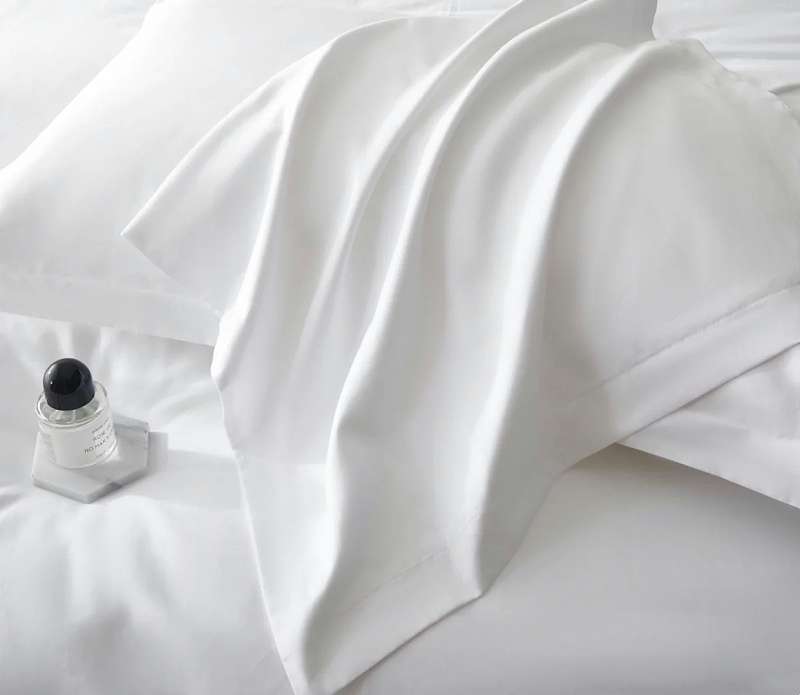
3. Efficient utilization of materials: Reduce waste and enhance efficiency
In addition to water and electricity, hotels can also reduce costs in their daily operations by efficiently utilizing materials
Reduce disposable items: Advocate not proactively providing the six small disposable items. Provide them appropriately based on the guests' needs. This approach is not only environmentally friendly but also helps reduce unnecessary waste.
Replace disposable items: Do not provide disposable plastic bags, tableware and tablecloths. Instead, use reusable items such as refined steel chopsticks, which are easy to disinfect at high temperatures and can be used permanently.
Save paper: Promote paperless office work and use paper on both sides. Napkins, notes and other items should not be provided openly. They should be offered as needed to reduce waste.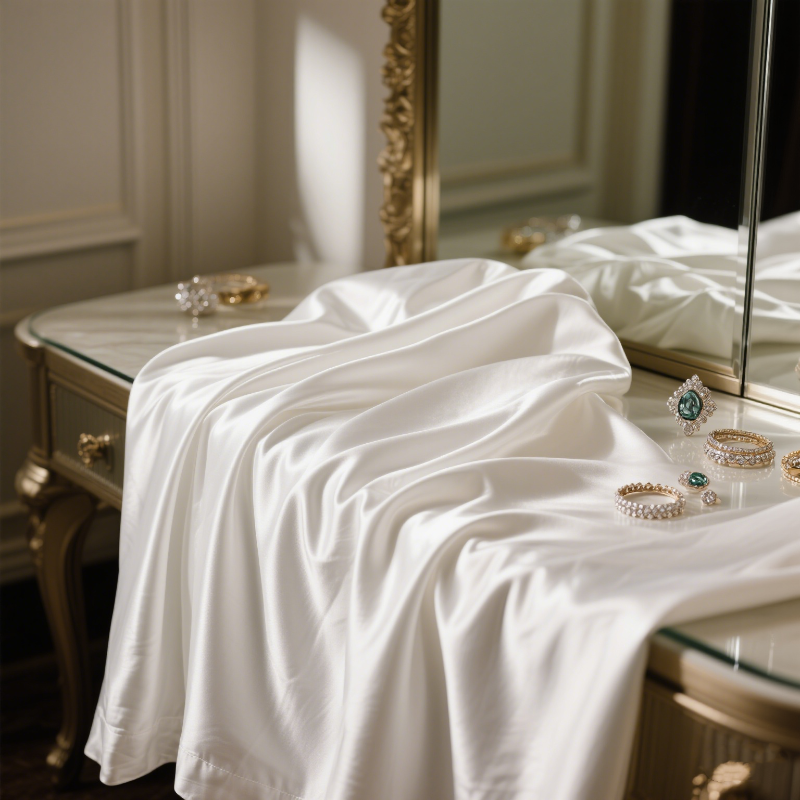
Reuse of old items: Worn-out cotton fabrics can be transformed into rags, mops, chair covers, etc. Old computers, furniture, etc. can be transferred or donated to poverty-stricken areas, achieving the recycling of resources.
As providers of end-consumer goods, hotels should establish a sense of social responsibility and advocate green consumption. By conserving energy and reducing consumption, not only can costs be effectively controlled, but also the hotel's brand image can be enhanced, attracting more environmentally conscious consumers. Frugality is not only a business strategy but also a way of life.

Towel Brand:MOFISI Material:100% Cotton Size:customizable Process:embroidery Features:Warm and breathable
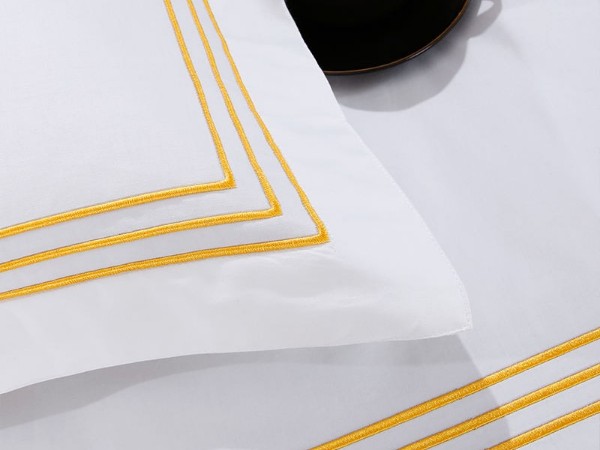
Towel Brand:MOFISI Material:100% Cotton Size:customizable Process:embroidery Features:Warm and breathable
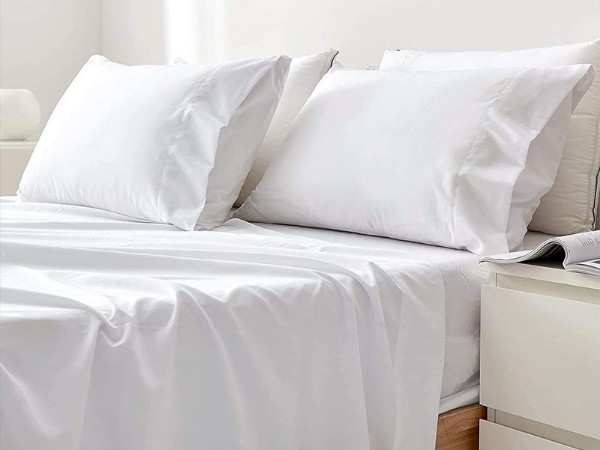
Towel Brand:MOFISI Material:100% Cotton Size:customizable Process:embroidery Features:Warm and breathable